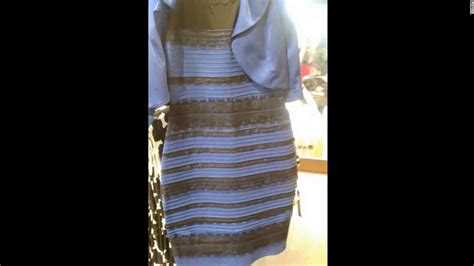Consciousness and the nature of self
In this post I will discuss an interesting proposal by Dr. Anil Seth about the nature of self in his book Being You: A New Science of Consciousness.
Dr. Seth starts by assuming that phenomenology is necessary for consciousness.
For an organism to be conscious, it has to have some kind of phenomenology for itself. Wherever there is experience, there is phenomenology and wherever there is phenomenology there is consciousness
This is an extremely important assumption because it shapes the arguments in the rest of the book. It should be noted that phenomenology is NOT the only possible necessary condition for consciousness to exist. Higher order thought theory and global workspace theory emphasise functionalism over phenomenology.
Assuming the importance of phenomenology, he proposes the following:
- Our conscious experiences of the world and the self are forms of brain-based prediction - controlled hallucinations that arise through and because of our living bodies.
- Experience of change is another variety of controlled hallucination.
- We perceive ourselves to be stable over time because of self-fulfilling prior expectation and self-change-blindness.
- Intelligence is neither a necessary nor a sufficient criterion for consciousness.
He motivates these claims through extensive discussion of psychiatric experiments and research. He seems to agree with Gombrich’s top-down inference view which argues that all visual perception is based on classifying concepts and interpreting visual information. This view seems to imply that one cannot perceive that which one cannot classify.
For instance, if how does someone see a gorilla for the first time ? Dr. Seth argues that novel experiences can be perceived using our built-in visual inductive priors. These priors are learnt over lifetimes. Detecting edges and colors maybe examples of such priors. The perception of gorilla is shaped by the activation of these learnt priors. This interpretation may also help explain why we sometimes disagree about the perception of certain things.

I am skeptical of the following claims:
-
We perceive the world not as it is, but as it is useful for us. We can respond more quickly and more effectively to something happening in the world if we perceive that thing as really existing.
I am not sure why perceiving something as actually existing confers an advantage. There are lot of other possibilities. For instance, we could have had two separate perceptions. One of them could be based on raw sensory inputs (i.e. not based on priors) and other could be a hallucination based on the priors (like the author proposes). Having these two perceptions simultaneously would have allowed the development of a third system. The third system would have been responsible for dynamically switching between sensory or hallucinatory perception, depending on which is more useful in the current context.
-
Author’s disagreement about Bostrom’s claims.
Nick Bostrom roughly claims that consciousness simulation is equivalent to instantiation. Being a functionalist, Bostrom’s claim resonates with me. I am not sure why the author disagrees with this claim since Bostrom’s claim doesn’t necessiate that phenomenology has nothing to do with consciousness. Phenomenological experience maybe a necessity for simulated beings to be conscious.
In the final section of the book, the author discusses the relationship between consciousness and intelligence. This section becomes even more relevant today. Just recently there was a raging debate about whether Google’s chatbot was conscious or not. I completely agree with the author’s perspective that consciousness can exist without intelligence and intelligence can exist without consciousness too. In other words, intelligence is neither a necessary nor a sufficient criterion for consciousness. For example: linear regression can have 100% predictive power (thus highly intelligent) but still be regarded as unconscious while animals may show low intelligence while being conscious.
We shouldn’t be too eager to attribute consciousness to artificial systems and too quick to deny other systems like animals that fail to match human standards of cognitive competence.
